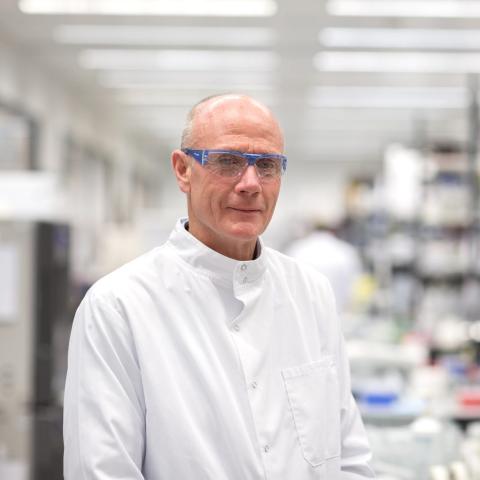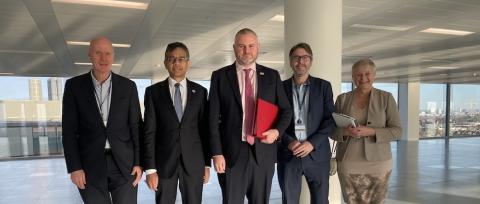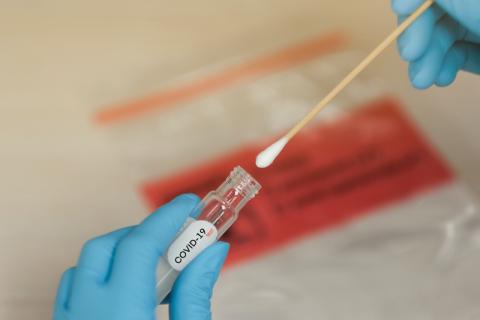Biography
Prof Paul Freemont is a protein biochemist having completed his undergraduate degree at Heriott-Watt University and PhD at the University of Aberdeen. He did a postdoc in the Lab of the late Nobel Laureate Professor Tom Steitz at Yale University where he solved some of the first crystal structures of DNA Polymerase I bound to DNA. After returning to the UK he became a group leader at the Imperial Cancer Research Fund in London where he set up the first Protein Structure Lab. He became Principle Group Leader and his lab worked on crystal structures of DNA repair and modification enzymes and the AAA ATPase p97 involved in mammalian protein homeostasis. He also first identified and named the RING finger domain, the fourth commonest domain in eukaryotic genomes and involved in mediating protein ubiquitylation. Among the many RING finger domains, he focused on PML involved in Acute Promyelocytic Leukaemia and made observations on PML nuclear organisation and interacting proteins. One of which he first identified and named PIC1 a small ubiquitin-like domain which is now known as SUMO-1. Having left ICRF, he joined Imperial College London to head the Centre for Structural Biology and later Division of Molecular Biosciences. In 2006, he began developing research interests in synthetic biology and co-founded the Imperial College Centre for Synthetic Biology and Innovation and then the National UK Innovation and Knowledge Centre for Synthetic Biology (SynbiCITE). His research interests are now focused on developing synthetic biology foundational tools, automation and biofoundries as well as cell-free systems for specific applications including biosensing and point-of-care detection, metabolic and protein engineering.
Freemont Lab
Explore the work of the Freemont Lab, aiming to improve urinary tract infection diagnostics, particularly for people living with dementia



